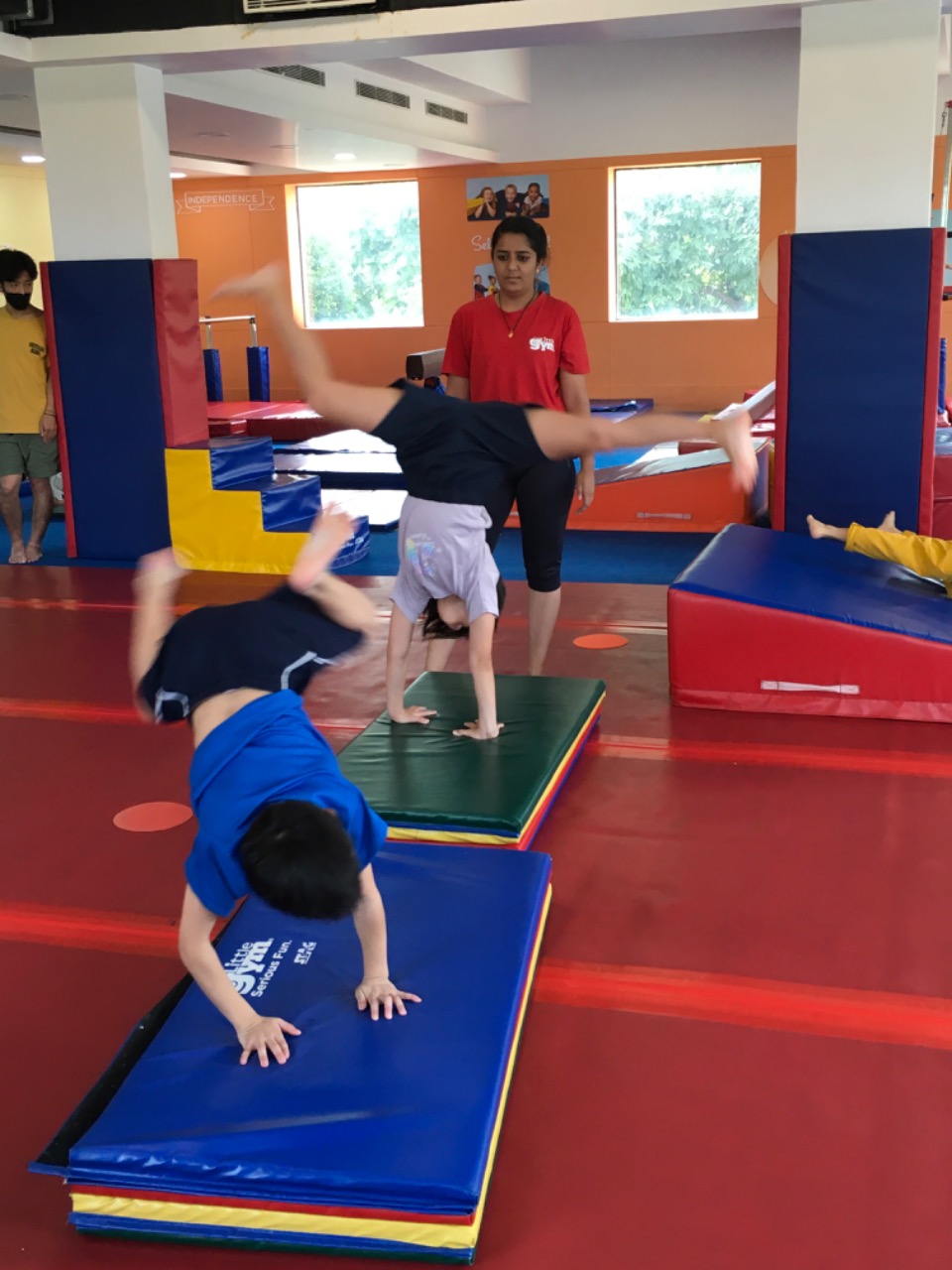Play is one of the most important aspects of a child’s life. Why? Because through peekaboo, patty-cake, and playing house, children learn to think creatively and interact socially. Through play, they develop physically and discover a slew of emotional skills. Pivotal to your child’s development.
“Play is how children learn,” says Dr. Tiff Jumaily, a paediatrician at Integrative Pediatrics and Medicine Studio City in Los Angeles. What’s more, according to a 2012 study Trusted Source, play reduces stress. “On the whole, play is associated with responses that facilitate learning… and work off stress,” says Jumaily.
While the benefits of play are innumerable — play helps children develop cognitively, physically, socially, and emotionally — there is more to play than fun and games. Mayra Mendez, PhD, LMFT, a licensed psychotherapist and program coordinator at Providence Saint John’s Child and Family Development Centre in Santa Monica, California, says, “Play is important because it provides a primary foundation for learning, exploring, problem-solving, and building an understanding of the world and your role within it.”
But how do children learn through play? Well, it’s simple. Play allows children the chance to emulate what they see and practice skills. It gives them an outlet for creativity and experimentation, and play helps them learn how to interact and communicate with others.
Play promotes healthy development and critical thinking skills. It reinforces memory, helps children understand cause and effect, and, according to Mendez, helps children explore the world — and their role in it. “Young children learn how things fit together through play. It allows them to use their senses and encourages exploration and curiosity, and these skills are the foundation of intellectual development and cognitive processing.”. Play also inspires children to pretend, create, and imagine. Creative, open-ended play helps children conceptualise, brainstorm, and exercise critical thinking skills.
In addition to this, play benefits motor development by encouraging movement and the understanding of spatial relations, promoting motor planning skills, and supporting balance and dexterity. It also supports gross motor skills, such as energy, stamina, flexibility, and body awareness.
Through play, children develop an understanding of social expectations and rules, and play provides opportunities to share thoughts and ideas, to listen, and to compromise.
Additionally, play helps children understand and process their emotions. Kids process their emotions and new concepts through play. When a child loses a game, for example, they learn to process sadness, anger, and grief. Playing also helps build confidence and encourages the development of their identity and self-esteem.
A 2018 study by the AAP found that the absence of play can increase stress. “Play is not frivolous… It is brain building: when play and safe, stable, nurturing relationships are missing in a child’s life, toxic stress can disrupt their development.”

